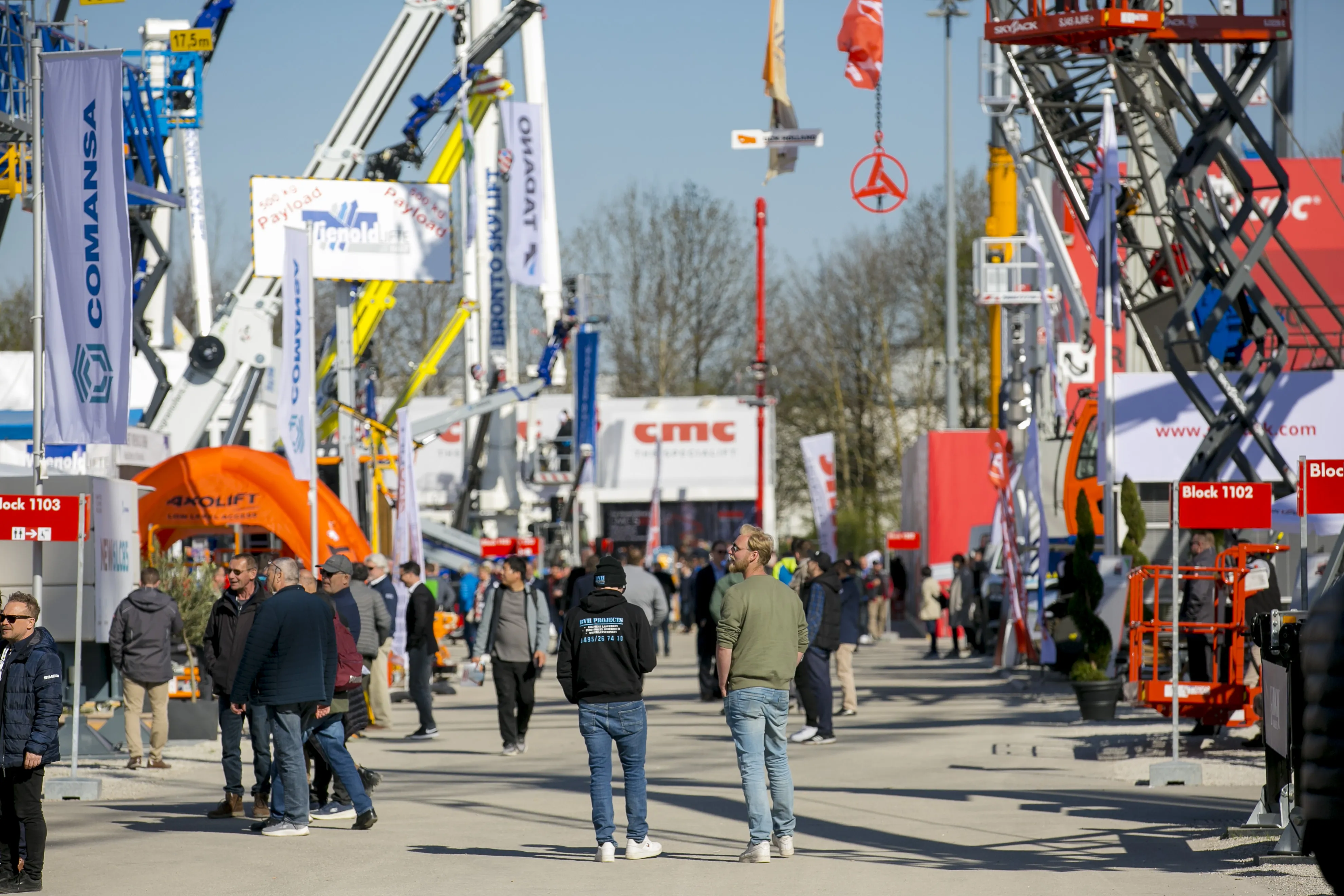May 19, 2025
Global Product Launch: Hydrogen takes center stage in road building as Benninghoven unveils its revolutionary multi-fuel hydrogen burner. Capable of slashing CO₂ emissions from asphalt production by up to 41%, this burner supports up to four fuels simultaneously, including hydrogen, biogas, and LPG — without stopping production. Already running in Norway, it's a major leap toward carbon-neutral roads.
To see more content from bauma 2025, visit the dedicated page of our website: https://www.globalhighways.com/bauma-2025









